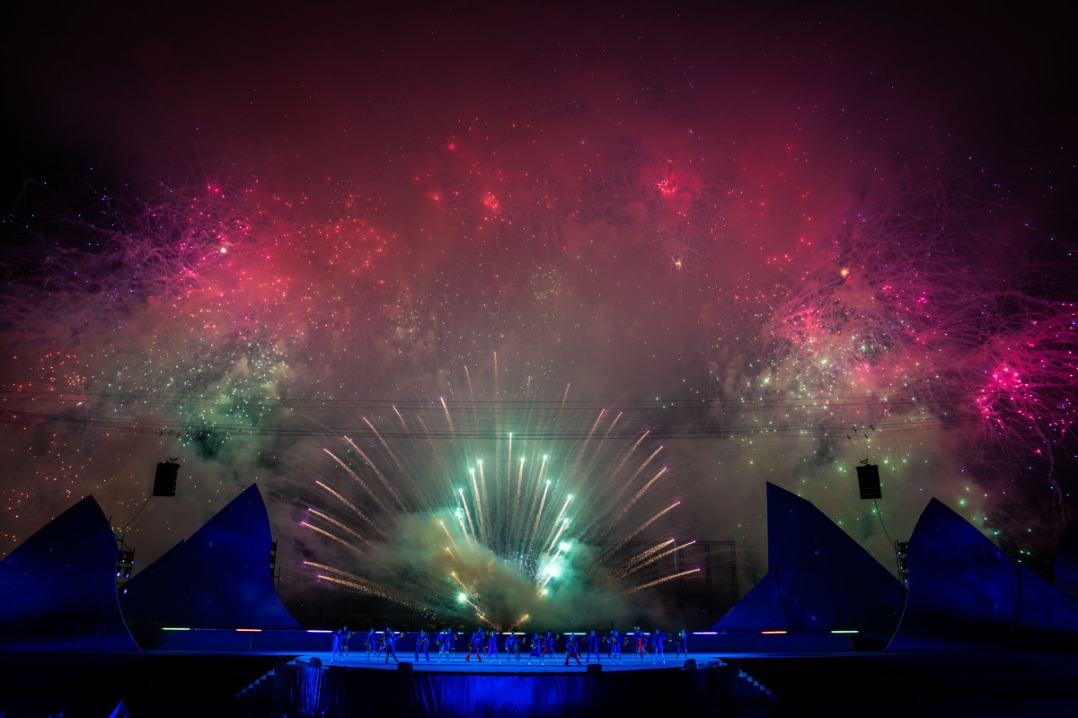El Ni?o gives Guangzhou 3rd heaviest rainfall in history


Affected by the El Ni?o phenomenon this year, Guangzhou, capital of Guangdong province, witnessed the third heaviest rainfall in history, data from the city’s meteorological observatory showed.
The southern metropolis witnessed an average rainfall of 819.9 millimeters between Jan 1 and May 2 this year, up 74 percent when compared with the average level during the same period in past years, said Li Huaiyu, a senior forecaster with Guangzhou Meteorological Observatory, as quoted in a Monday report by the local paper Yangcheng Evening News.
The city witnessed the heaviest rainfall of the period in 1983, with an average of 1,045.7 mm of precipitation, while the city’s lightest rainfall happened in 1963, with an average of only 78.7 mm, less than one-tenth of this year’s figure.
Li, a senior forecaster, said the city would continue to have heavy rainfall before Friday.
The "El Ni?o" phenomenon is caused by unusually high sea temperatures and has become a global climate phenomenon.
He urged relevant departments and local residents to take effective measures in advance for the potential natural disasters in the coming days.
The residents would embrace the sunshine from Friday to Sunday after consecutive rainy days, he said.
The downpours had once wreaked havoc in the city, a major transportation hub in the southern Chinese region, when many air and rail flights had to be canceled and delayed in Guangzhou Baiyun International Airport and major railway stations in the city.
Many ferry services had also been canceled in the past months because of extreme weather.
- Mainland scholar discloses fallacies in Lai's separatist narrative on 'unity'
- University's expulsion of female student ignites online debate
- 4,000 hiking enthusiasts hit rugged trails in Chongqing
- Creative fireworks show held in China's 'fireworks capital'
- Chinese scientists achieve net-negative greenhouse gas emissions via electrified catalysis
- At the gateway to China's resistance, memories of war echo 88 years on





































